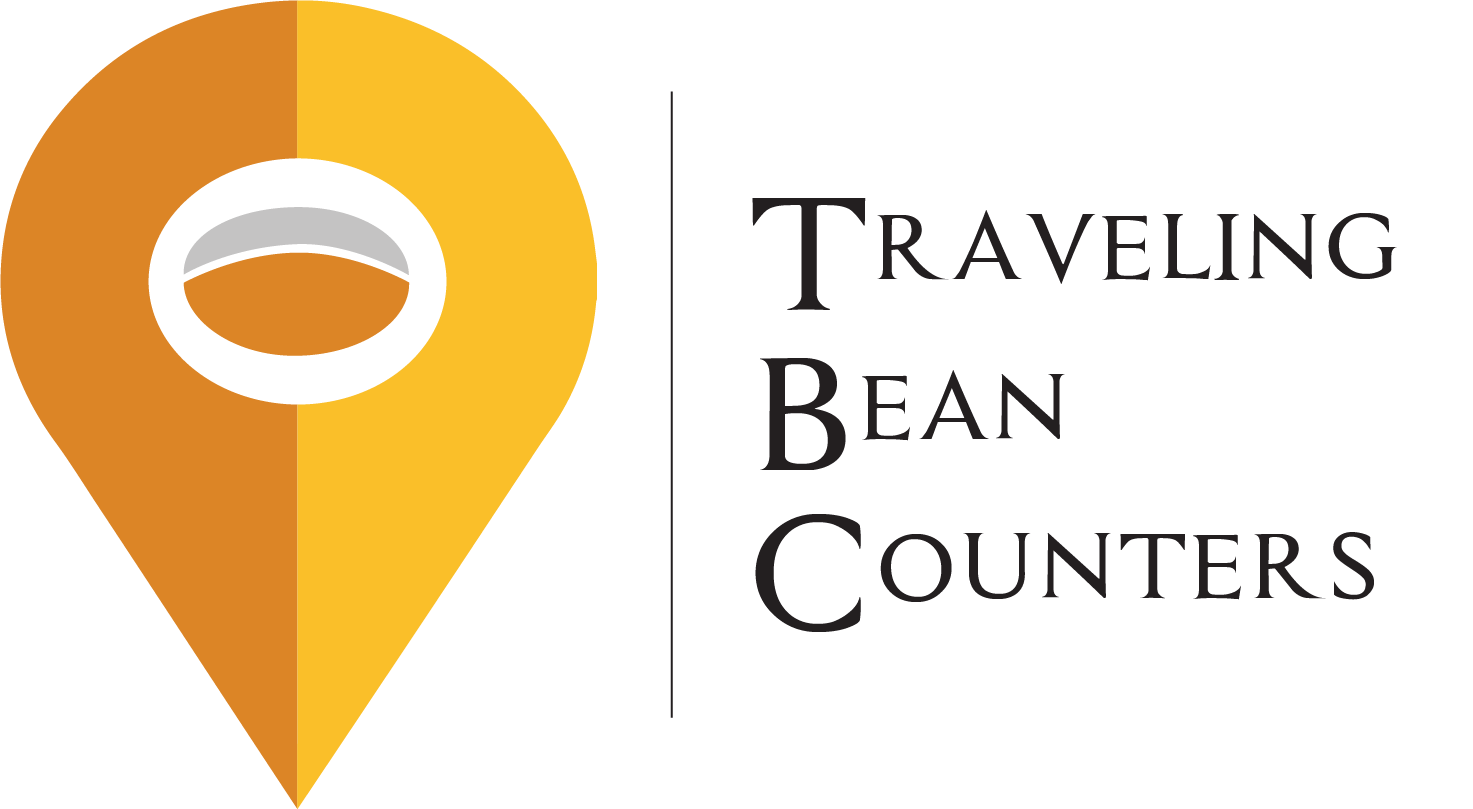Talk to an Accountant in Elkhorn, WI About Your Farm Taxes
The tax code for just about everything is complicated, and farm taxes are no different. Some people assume accountants are only for individuals and commercial businesses, but in fact, many accountants are able to assist people in many industries, including farmers. Understanding the ins and outs of farm taxes can help you save money and better secure your financial future. For full advice it is imperative to actually meet with an accountant in Elkhorn, WI to go over your particular financial situation, but just to get you started, here is a quick guide to help you better understand some of the key tax issues you might encounter.
- Don’t try to do it yourself: Start your next financial year right by hiring an accountant in Elkhorn, WI. An accountant should be consulted before every major farm decision to weigh the tax implications. Farmers can minimize accounting costs by keeping detailed and accurate financial records. Consider hiring an accountant an investment in your financial future.
- Make smart purchases at smart times: For farmers, it is never too early in the year to start thinking about taxes. Farmers can improve their tax returns through strategic purchasing and selling to maximize the benefits of each calendar year. As a farmer, you can tactically arrange your purchasing to coincide with planting in order to get the maximum tax benefits. Take action early by consulting with an accountant in Elkhorn, WI.
- Be smart about deductions: Deductions are definitely a great thing in the farming industry, but occasionally farmers go overboard with investments to get as many deductions as possible. Without sound financial knowledge, this may be a highly risky practice depending on your current financial situation. Stop gambling with your money and talk to an expert about how to responsibly minimize your tax bill.
- Know how to classify your farm: The tax code is much more generous with farms classified as businesses rather than as hobbies. Accountants often find that many farmers are confused as to how these two categories are defined and which will benefit them more. Some farms clearly fall into one category or the other, but in fact, many are in more of a gray area. You may be losing money by classifying yourself as one versus the other.
- Keep track of your farm expenses: Farmers should remember to divide farm expenses from home expenses. Many households bill everything under the same umbrella—electricity, phones, purchases—and lose money in the process. Separating your expenses can equate to getting money back, and this does not mean your non-farm expenses may not also qualify for deductions. If certain parts of your home are allocated for work, you could possibly write off that expense as well.
- Know the value of your equipment: Different equipment has different depreciation rates according to IRS standards. It usually benefits farmers to depreciate equipment quickly to get tax deduction savings before inflation reduces the value.
Perhaps the most important thing is to gain a complete understanding of the various tax codes that apply to farmers. Without help, this can seem pretty daunting. Numerous codes exist and sometimes the information is not completely straightforward. Allow a professional accountant with A Plus Accounting LLC Traveling Bean Counters to guide you through the current tax code so you can make better financial decisions going forward.
